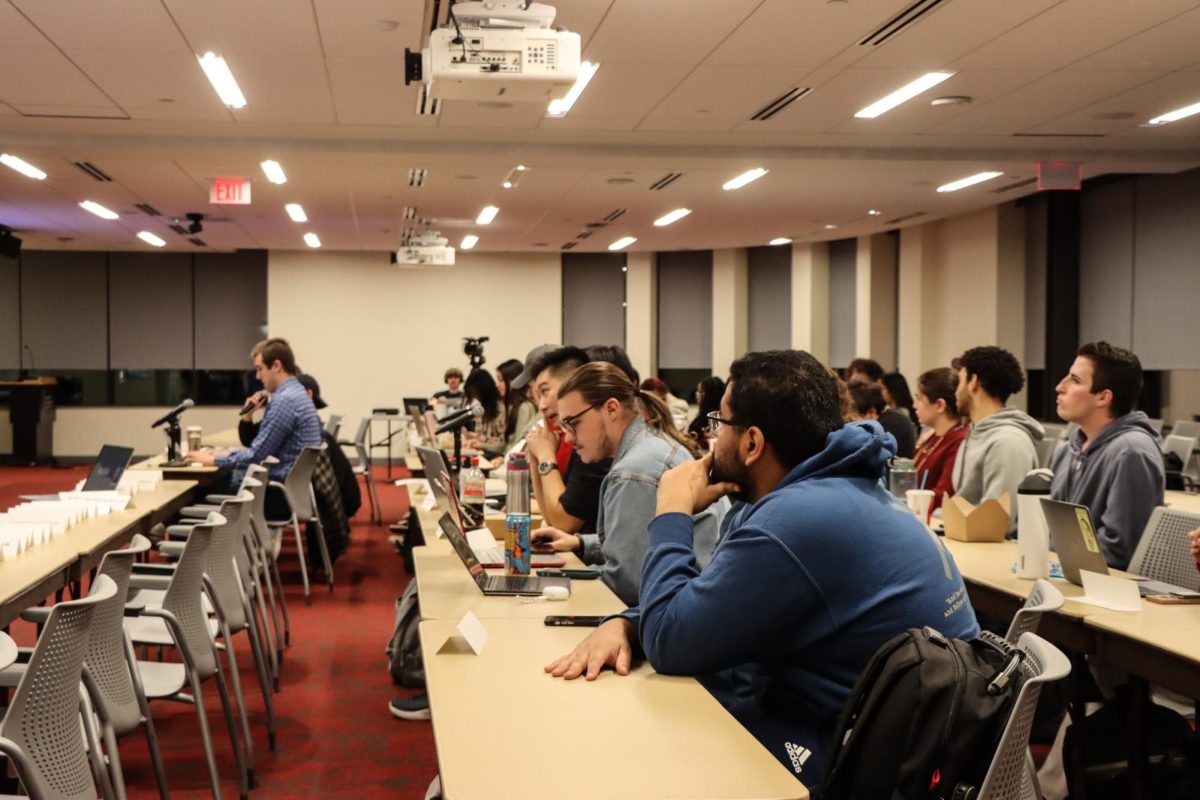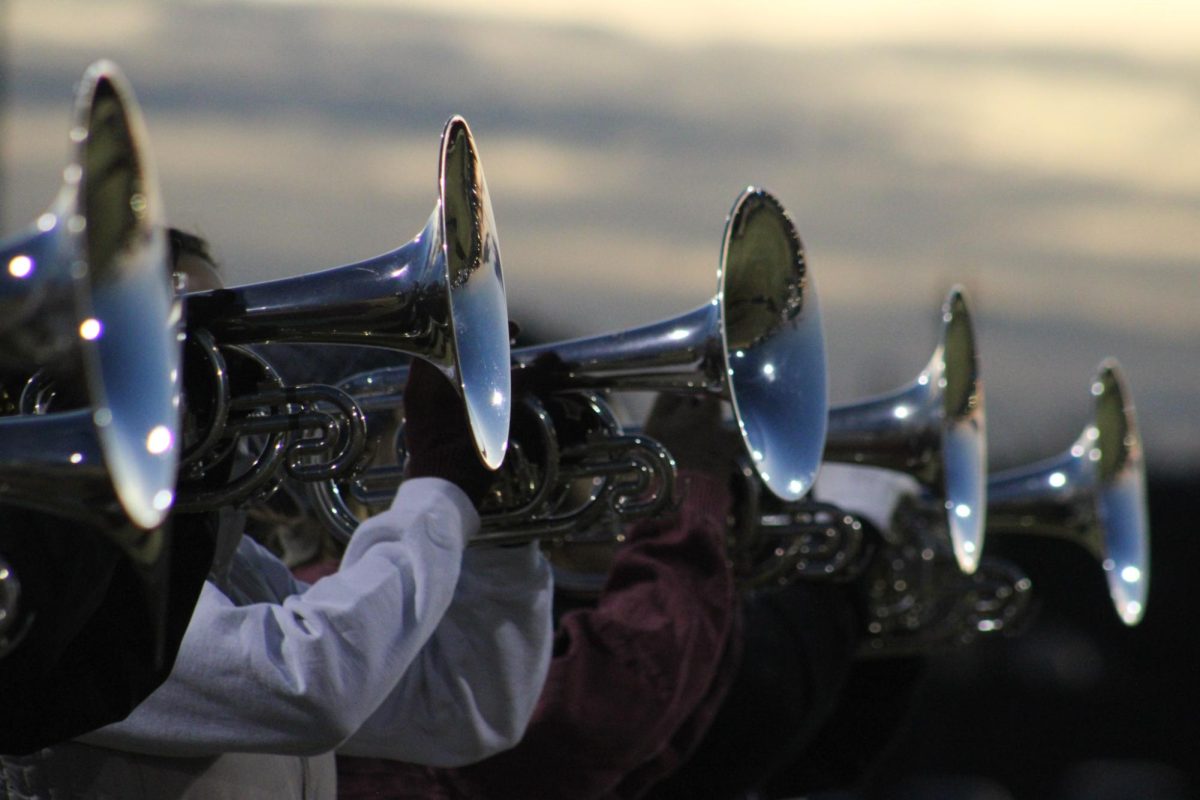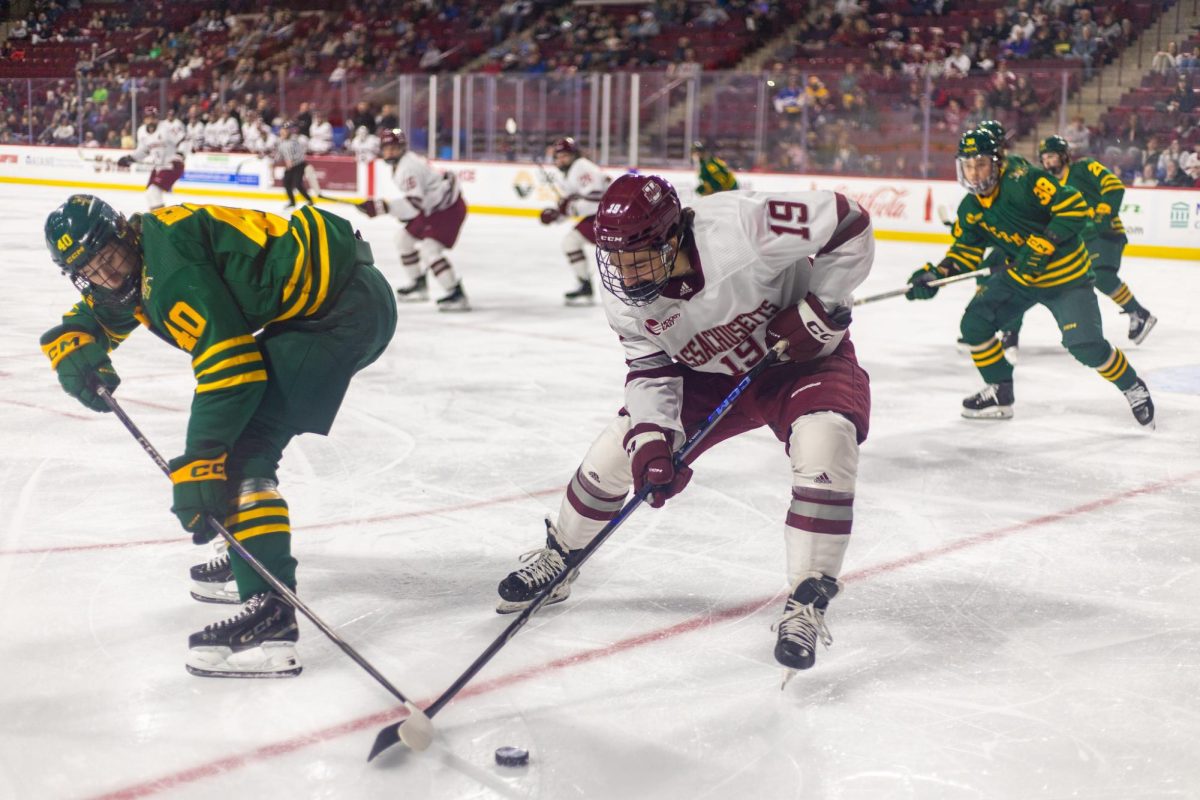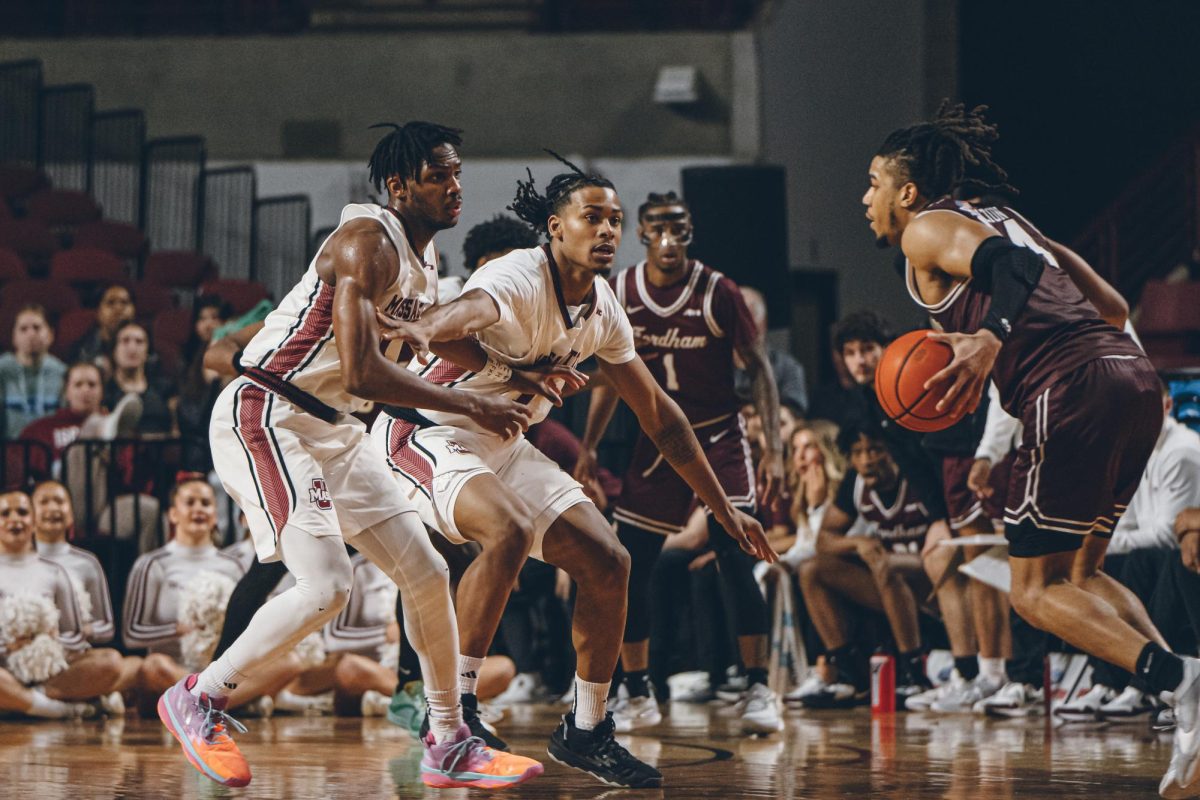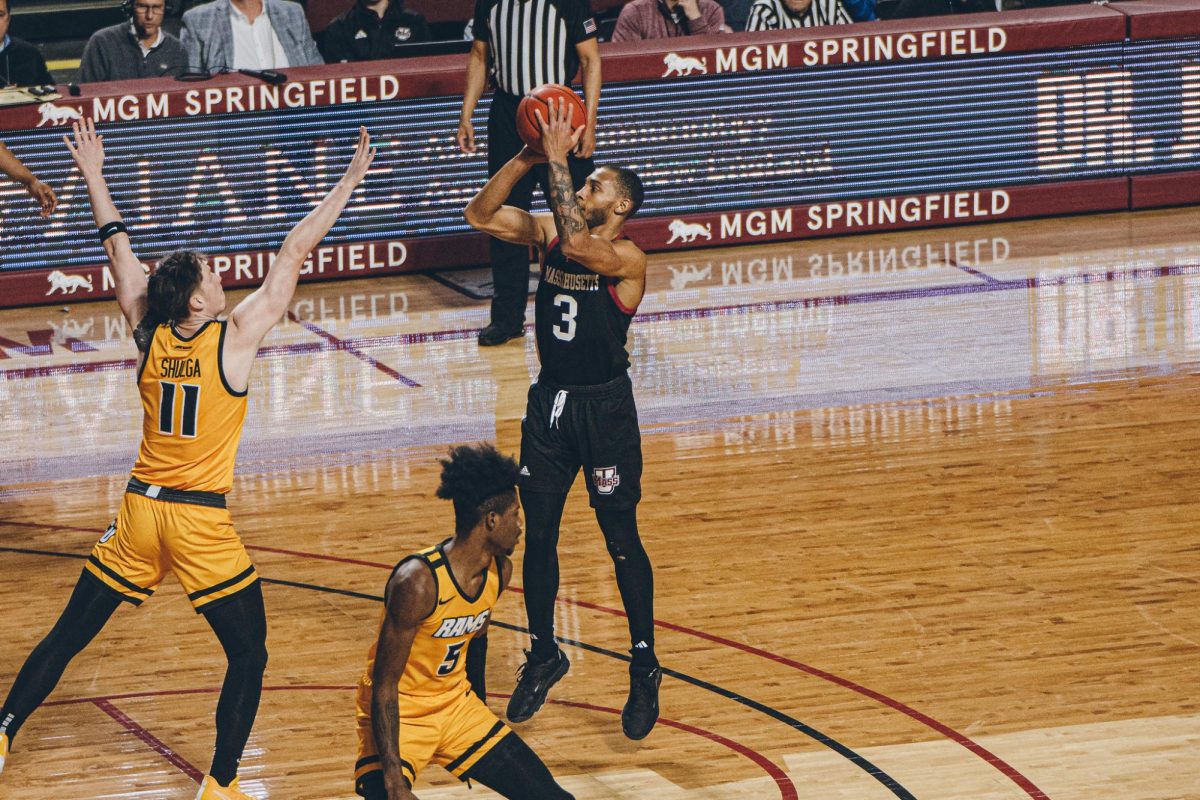Political journalist Joe Klein told approximately 200 students gathered in the Curry Hicks Cage for his lecture yesterday that they must engage in politics and become better citizens.
Klein is the author of this semester’s chosen Dean’s Book, “The Natural: The Misunderstood Presidency of Bill Clinton” and currently a columnist for Time magazine.
“Our government has to get a lot more serious too – as we do as citizens.”
Klein emphasized this again later, saying, “What they count on is that you’re not going to be paying attention. Whether you agree or disagree with the President, you must pay attention.”
Klein detailed why he believes students, and all citizens, must pay attention. “We may lose democracy [and] become vulnerable to evil forces in the world, or impoverish ourselves,” he began. Klein said the United States has “floated” on the “momentum of our win in WWII and the strong economy that followed,” but that period is now over. Klein wondered aloud to students whether Americans will have “the intellectual and moral rigor to face times more iffy with courage.”
Klein told students that as “arguably elite young people” they should apply themselves to the poor, and social issues, not just because it will help the poor, but more so because it “will help you to become better citizens than my generation was.”
Klein gave his brother as an example of people who purposefully remained uninvolved in politics. Klein said his brother has never voted, and when asked why says, “‘It would just encourage [politicians].’ ” This is a luxury Klein said “we don’t have anymore.”
“It is a much different world than when I wrote “The Natural,” Klein said. “Our votes next year will have a serious impact on how safe and prosperous you will be.”
The last election, according to Klein, was centered on three issues; whether we should go to war with Iraq, the economy and Medicare.
“What did these three issues have to do with you guys? They don’t. They have to do with geezers,” said Klein. “John Kennedy spoke to our generation’s idealism. Politicians have stopped doing that. Why? Cause you don’t vote. The elderly are chronic voters; they are sure thing.”
Politicians’ focus on issues important to the largest voters groups, says Klein, is undemocratic. He blames this in part on political analysts influence on candidates. Klein told students that the next non-fiction book he plans to write will be on “the truly damaging impact political analysts have had on democracy.”
However, Klein, added that students’ votes and participation in politics would “neuter people like Dick Morris,” a political analysist.
Although Klein told students he was “boggled by [the democratic candidates for nomination] and was unsure who deserved the nomination, he sees Howard Dean as good for democracy. Dean, said Klein, is making politics relevant to students.
Klein summed up his thoughts on the upcoming election by saying, “Reality is about to collide with political process – it doesn’t always happen. This election is out of the hands of politicians. It is going to be decided by Iraq, homeland security and the economy.”
Pat Mercaitis, a professor of Communication Disorders and Dean’s Book instructor, appreciated Klein’s message to students.
“The message that he had to students about what their responsibilities are as citizens – I don’t know that that is something that a lot of kids talk about at with their folks around the dinner table at home – for a journalist to talk so strongly about it. It goes back to the Acients -‘attention, attention’ pay attention to what is going on around you.”
Fellow Dean’s Book instructor Katja Hahn-D’Errico agreed with Mercaitis and said that that after reading “The Natural” their students had felt, “a wake up call to really become more interested and be more alert to what is happening and how complex it is.”
Linda Slakey, Dean of the Commonwealth College, which sponsored the event, said she felt that for Dean’s Book students and others in attendance, Klein’s responses to questions were rewarding.
“For the people who stayed for all the questions got really rewarded,” she said. “I think he was really pleased by the depth of the questions, and got really engaged at the end, and that was quite wonderful.”

